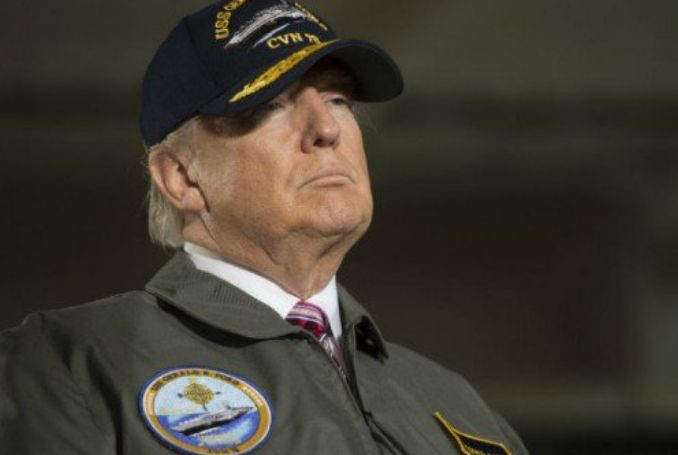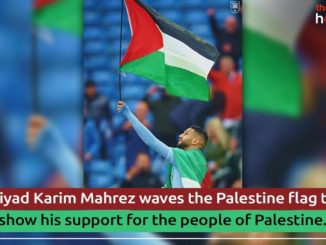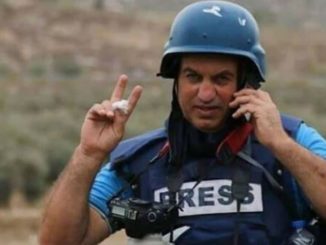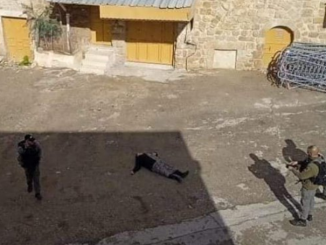
By Benay Blend
At first glance, Juneteenth and the Nakba do not have much in common. Juneteenth (June 19th) celebrates the anniversary of the Emancipation Proclamation in 1865 that freed remaining enslaved African Americans on a plantation in Galveston Texas, the island where I grew up. That day has become an annual occasion for celebration, contemplation, and education about the meaning of freedom and the on-going, universal struggle for liberation.
On May 15, Palestinians in Occupied Palestine and in the diaspora commemorate Nakba Day, a solemn occasion that resurrects the devastation of historic Palestine in ’48, an event that led to the ethnic cleansing of over 750,000 Palestinians from their homes.
On the one hand, a Jubilee, a time of joy, on the other, an impossibly sad event—what possible connection exists between them? In what Black activist and scholar Angela Davis calls an “extraordinary moment,” when the pandemic has provided an opportunity to “collectively witness” a “most brutal example of state violence” in the murder of George Floyd, what better time to look at both through the lens of Trump’s rally recently held in Tulsa, Oklahoma.
According to Davis, it’s important to understand that Trump and his followers want to bring about a return to that earlier time “with all of its white supremacy.” It was no accident, then, that Trump picked this place to hold his first campaign rally since the lockdowns across the country, since the pandemic. In addition to Juneteenth, the rally also falls on the 99th anniversary of the Tulsa race massacre, one of the bloodiest acts of racial violence in U.S. history, in which white Tulsans killed hundreds of their African American neighbors.
Accordingly, Trump’s speech to his smaller than expected crowd of followers consisted of his usual racist rant. In much the same way that Israel refers to all resistance as extremist, Trump called out “the unhinged left-wing mob” who wants to take control. “They want to demolish our heritage,” he continued, “so they can impose their new oppressive regime in its place.” By “our history,” Trump means a white-washed version of history, leaving out the ugly parts in order to erase all those who are different than his followers.
“I think the significance and purpose of recognizing Juneteenth is something that all citizens should acknowledge,” affirms Jameelah Nasheed, a journalist for Teen Vogue, “because, if there is not a retelling or remembrance of the true history in this nation, we’re doomed to repeat it.” Indeed, as California Senator Kamala Harris tweeted: “This isn’t just a wink to white supremacists — he’s throwing them a welcome home party.”
That is why, Davis claims, “Black people have passed down this collective yearning for freedom from one generation to the next,” thereby referring to the bonds of memory that hold both Palestinians and Black Americans together. For Israelis, too, have tried to impose their version of history, a story that erases the Indigenous people from their land.
At a time of when Trump is encouraging increasing violence against people of color in the United States, the Israeli government, writes Ramzy Baroud, has been given America’s “blessing to further its colonization of occupied Palestine, to entrench its existing apartheid regime, and to act as if the Palestinians simply do not exist.”
Black Americans see Juneteenth not as a single moment but rather as a focal point in the continuous struggle for freedom. “In many ways the celebration of Juneteenth is a marker,” Seattle filmmaker, journalist, and visual artist Inye Wokoma explains, “a symbolic placeholder that allows Black America to focus on what has been a constant in our existence prior to and after June 19, 1865 — the ongoing struggle for our liberation.”
Palestinian people, too, claims Baroud, view the “Nakba…as the core point in their struggle against Israeli colonialism. Despite Israeli efforts to do otherwise, Palestinians,” he continues, “remember their history and understand their reality based on their own priorities.”
On the night of June 19th, the All African People’s Revolutionary Party-New Mexico presented a Juneteenth version of their workshop: “We Saved Ourselves—Africans and the Abolition of Slavery.” Just as Palestinians hold fast to collective memory, so this presentation traced the “hidden history” of an “African-led global abolitionist movement” followed by “continuous resistance to imperialist exploitation.”
“African people saved ourselves. Reclaim this history and use it to struggle forward,” concludes the introduction to the event. Palestinians remember, too, claims Baroud, “for, over the years, their memory has proven to be their greatest weapon.” In this way, the AAPRP hopes that Africans (the AAPRP fosters trans-national solidarity between all people of African heritage) will “smash the myth of the white savior delivering us from chattel slavery” in order the privilege the “hidden history” that is a far more formidable weapon.
In the foreword to Ramzy Baroud’s These Chains Will Be Broken: Palestinian Stories of Struggle and Defiance in Israeli Prisons (2020), Khalida Jarrar, freed prisoner, educator, and Palestinian leader, declares that:
“For Palestinians, the prison is a microcosm of the much larger struggle of a people who refuse to be enslaved on their own land, and who are determined to regain their freedom, with the same will and vigor carried by all triumphant, once-colonized nations (p. xix).”
In a similar vein, Davis explains that “bringing people together in movements, creating solidarity [means] representing ourselves not primarily as individuals,” Davis claims, “but as members of communities of struggle.” Because she also places Palestine at the center of the Black struggle, she agrees that communities should be trans-national.
“Palestinian activists have long supported Black people’s struggle against racism,” she pointed out in a recent interview. “When I was in jail, solidarity coming from Palestine was a major source of courage for me.,” Davis added. Therefore, she is “hoping that today’s young activists recognize how important Palestinian solidarity has been to the Black cause, and that they recognize that we have a profound responsibility to support Palestinian struggles, as well.”
Israel, much like American leaders, fears what it can’t control. In this case, explains Baroud, the more it tries to wipe out the collective memory of the Palestinian people, the more Palestinians “hold tighter to the keys of their homes and to the title of the deed to their land.” Just as Juneteenth is a celebration of histories not taught in schools, so the shared remembrances of Palestinians is what Baroud declares the “main motivator of their legendary steadfastness.”
“If justice is indivisible,” Davis writes, “it follows that our struggles against injustice must be united.” As the future becomes increasingly dark, she points out that “the Palestinian people continue to serve as an inspiration because they have endured and remained steadfast for so long, refusing to give up and accept permanent subjugation and injustice.”
– Benay Blend earned her doctorate in American Studies from the University of New Mexico. Her scholarly works include Douglas Vakoch and Sam Mickey, Eds. (2017), “’Neither Homeland Nor Exile are Words’: ‘Situated Knowledge’ in the Works of Palestinian and Native American Writers”. She contributed this article to The Palestine Chronicle.

– Benay Blend earned her doctorate in American Studies from the University of New Mexico. Her scholarly works include Douglas Vakoch and Sam Mickey, Eds. (2017), “’Neither Homeland Nor Exile are Words’: ‘Situated Knowledge’ in the Works of Palestinian and Native American Writers”. She contributed this article to The Palestine Chronicle.







